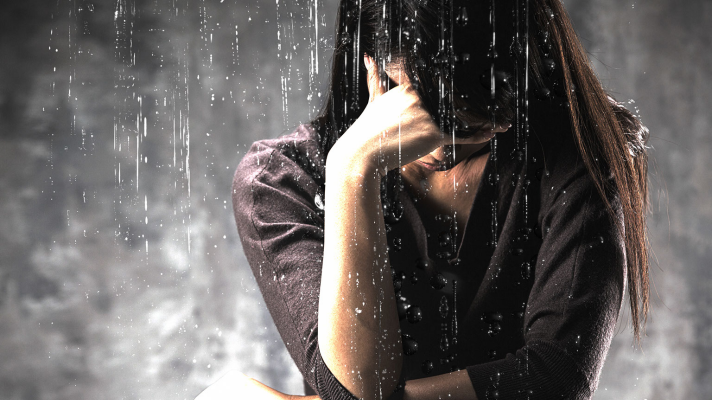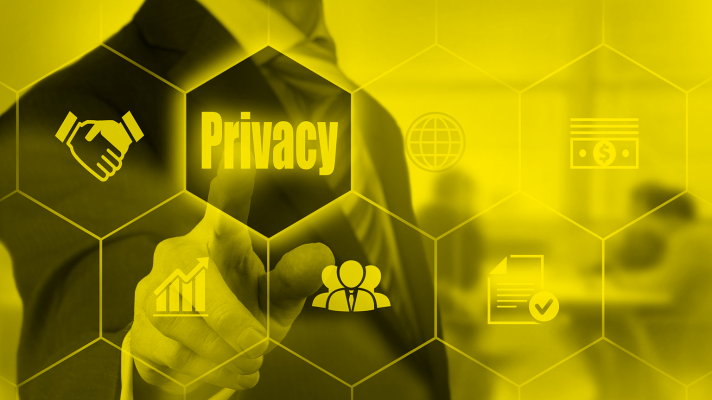It’s true that Facebook, like other social media sites, can be a place where bad behavior and hate spread. This can happen when people or groups use the platform to post offensive or upsetting content, start fights or “flame wars,” or harass and pick on other users.
Sharing extremist or extremist views is one way to spread hate on Facebook. This can include hate speech and other forms of discriminatory or inflammatory content that are meant to make people feel strongly or spread intolerance. When this kind of content is widely shared, it can reach a lot of people and help spread hate and intolerance. By starting fights or flame wars in online communities, trolls and other bad people can also use Facebook to spread hate. They might do this by posting upsetting or controversial content or attacking other users personally. This can lead to heated, negative conversations that can turn into full-on flame wars.

Facebook can also be used to harass and bully other users, which can lead to a culture of hate and intolerance. This can happen when trolls and other bad people send threatening or abusive messages or post personal information about other users without their permission. Overall, it’s important to be aware that Facebook and other social media sites can be used to spread hate and to take steps to protect yourself and your community from this kind of harmful behavior. This can include using the platform’s tools to report and block inappropriate content, setting strict privacy settings, and interacting with your community in a positive and respectful way.
How has Facebook Become a Tool for Spreading Hate?
Facebook, like any other social media site, can be used to spread hate if people or groups post offensive or upsetting content, start fights or flame wars, or harass and bully other users. Sharing extremist or extremist views is one way to spread hate on Facebook. This can include hate speech and other forms of discriminatory or inflammatory content that are meant to make people feel strongly or spread intolerance. When this kind of content is widely shared, it can reach a lot of people and help spread hate and intolerance. By starting fights or flame wars in online communities, trolls and other bad people can also use Facebook to spread hate.
They might do this by posting upsetting or controversial content or attacking other users personally. This can lead to heated, negative conversations that can turn into full-on flame wars. Facebook can also be used to harass and bully other users, which can lead to a culture of hate and intolerance. This can happen when trolls and other bad people send threatening or abusive messages or post personal information about other users without their permission.
Overall, it’s important to be aware that Facebook and other social media sites can be used to spread hate and to take steps to protect yourself and your community from this kind of harmful behavior. This can include using the platform’s tools to report and block inappropriate content, setting strict privacy settings, and interacting with your community in a positive and respectful way.
The Spread of False Information
False information, also known as misinformation, can have serious ramifications. Misinformation can cause confusion, fear, and mistrust, and it can lead to people making decisions based on inaccurate information. It can also have broader societal consequences, such as eroding trust in institutions or spreading conspiracy theories. Several factors can contribute to the spread of misinformation:
- Social media algorithms are designed to show users content that they are likely to interact with, such as liking, commenting, or sharing. As it is more likely to generate engagement, this can lead to the spread of false or misleading information.
- Lack of critical thinking: It is critical for individuals to be critical and skeptical of the information they encounter online. However, this can be difficult when people are overwhelmed with information or the information is presented misleadingly.
- Disinformation campaigns: Some organizations or individuals may purposefully disseminate false or misleading information in order to influence public opinion or achieve other objectives. These disinformation campaigns can be difficult to detect and extremely effective at spreading misinformation.
To combat the spread of false information, it is important for individuals to be critical and skeptical of the information they encounter online. This can involve fact-checking information before sharing it, seeking out multiple sources of information, and being aware of the potential for disinformation campaigns. It is also critical that social media platforms take steps to reduce misinformation spread, such as labeling or demoting false or misleading content.
The Normalization of Hateful Content
The process by which offensive or inflammatory ideas or behaviors spread widely or become normalized is referred to as the normalization of hateful content. This can happen when hateful material is frequently shared or exposed to a large audience or when it is not contested or denounced by others. The acceptance or validation of hateful or discriminatory ideas and behaviors can result from the normalization of hateful content, which can have serious repercussions. It can make it harder for disadvantaged or marginalized groups to speak out against hate and discrimination and contribute to a culture of intolerance and division.
People should be skeptical of the information they find online and challenge and condemn hateful ideas and behaviors when they come across them in order to combat the normalization of hateful content. Additionally, it is crucial that social media platforms take action to stop the spread of hateful content, such as labeling or degrading content that is false or deceptive.
The Impact of Social Media on Mental Health
Mental health can be affected both positively and negatively by social media. On the one hand, social media can be a useful tool for maintaining relationships with friends and family, discovering support and community, and gaining access to information and resources. However, social media can also have negative effects on mental health, particularly when used excessively or to compare oneself to others.
Among the possible negative effects of social media on mental health are:
- Excessive social media use has been linked to increased feelings of anxiety, depression, and loneliness, according to several studies. This may be because social media exposes users to a constant stream of information, which can be overwhelming, or because it can create a distorted view of the lives of others, which can lead to feelings of inadequacy or social isolation.
- Social media use can disrupt sleep patterns by reducing the amount of time spent asleep and/or by diminishing the quality of sleep. This can have negative effects on mental health, as sleep is essential for maintaining overall health.
- Cyberbullying: Social media can serve as a venue for cyberbullying, which can have detrimental effects on mental health. Cyberbullying can take many forms, including sending threatening or abusive messages, publishing embarrassing or personal information online, and excluding someone from online groups or activities.
To mitigate the negative effects of social media on mental health, it is essential to use these platforms in a healthy and balanced manner. This may include limiting the amount of time spent on social media, avoiding comparisons with others, and seeking support in the event of cyberbullying or other negative experiences. Additionally, it is essential to prioritize in-person social connections and seek out additional sources of support and community.
How to Combat the Toxic Facebook World
Several things can be done to stop the toxic culture that can sometimes form on Facebook and other social media sites:
- Use the tools on Facebook to moderate comments. Page owners and moderators can use these tools to manage and moderate comments on their pages. With these tools, you can delete or hide inappropriate comments and block or ban users who post a lot of bad comments.
- Encourage positive and respectful behavior: You can encourage a positive and respectful culture in the comments section by giving clear rules for how to act and by responding to and engaging with comments in a positive and respectful way.
- Engage with your community. Being active in your community is one of the best ways to fight back against negative comments. By responding to comments and building a sense of community, you can make the place where people talk more positive and respectful.
- Use tools for managing social media. Many tools can help you manage and moderate comments on your Facebook page. These tools can help you filter out comments that aren’t appropriate and make it easier to handle a lot of comments.
- Educate yourself and others: Knowing what problems and trends can lead to bad behavior on social media is important. Learning about these issues and telling other people about them can help make your community more informed and respectful.
- The best thing to do is to get off social media or use it less. Keep a few close friends and stay away from people who are stupid or don’t know much.
Overall, it’s important to be proactive about dealing with toxic behavior on Facebook because it can hurt the tone and culture of your community as a whole. By using the above tools and strategies, you can help make your Facebook page a better place for discussion by making it more positive and respectful.


